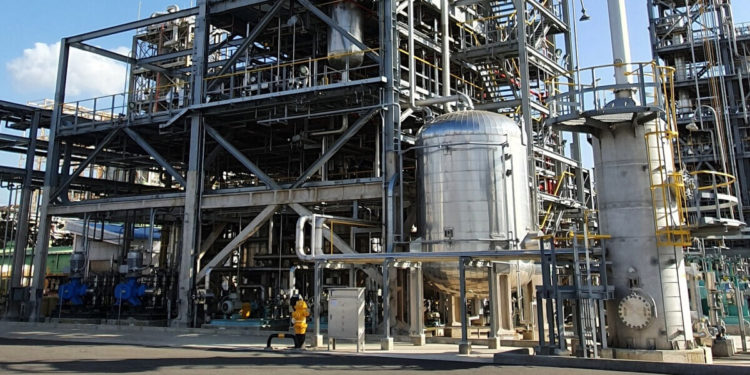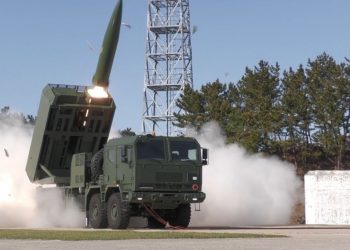South Korean chemical manufacturer Hanwha Solutions Co. announced they would triple the production of the Eco-DEHCH. Hanwha Solutions would be increasing their output due to the growing market demands for environmentally friendly materials.
In cooperation with the Korea Advanced Institute of Science and Technology, Hanwha Solutions developed the Eco-DEHCH. Eco-DEHCH is an eco-friendly premium plasticizer used as additives to polyvinyl chloride plastic resins to increase their flexibility. Unlike traditional phthalate-based plasticizers, the Eco-DEHCH is a phthalate-free alternative that applies hydrogen addition technology.
“Phthalate plasticizer can potentially disrupt hormone functions and lead to atopy, asthma, and reproductive organ problems. When exposed to the skin, it can trigger attention deficit hyperactivity disorders in teenagers and premature birth in pregnant women,” said a Hanwha solutions official. “However, Eco-DEHCH is completely free of phthalate and its safety has been certified by the US Food and Drug Administration. Also, it has been approved as a food packaging material in Europe.”
Researchers designed the Eco-DEHCH for optimization of safety and durability. Manufacturers can use it in a variety of things including food-grade plastic wraps, home products, and construction materials. After its commercial launch in 2017, the Eco-DEHCH became a staple in the Korean wallpaper manufacturing industry.
According to Hanwha Solutions, they finished the expansion of their Eco-DEHCH production facility in Ulsan. The facility expansion will increase the annual production capacity for the plasticizer from 15,000 metric tons to 65,000 metric tons. The chemical company invested KRW 45 billion for the facility upgrade.
South Korean Bioplastics
In a report by Credible Markets Analytics, Hanwha Solutions is one of the key players in the global non-phthalate plasticizer market. Analysts are also expecting an increase in the average annual growth of the international eco-friendly plasticizer market by 6.3 percent. By 2023, they are expecting the global production capacity to hit 2.22 million tons.
Hanwha Solutions’ initiative also coincides with South Korea’s environmental, social, and governance (ESG) investments. The ESG encourages developers to consider the long-term effects of production on the climate and promotes green technology and labor relations.
Aside from Hanwha Solutions, other Korean companies have been investing in eco-friendly plastic solutions. Lotte Chemical manufactured the sugarcane-derived, non-toxic PET bottles in 2012. Last year, SKC and KRICT co-developed the biodegradable bioplastic technology, polybutylene adipate terephthalate. By 2025, LG Chem is planning to release the world’s first biodegradable bioplastic.







